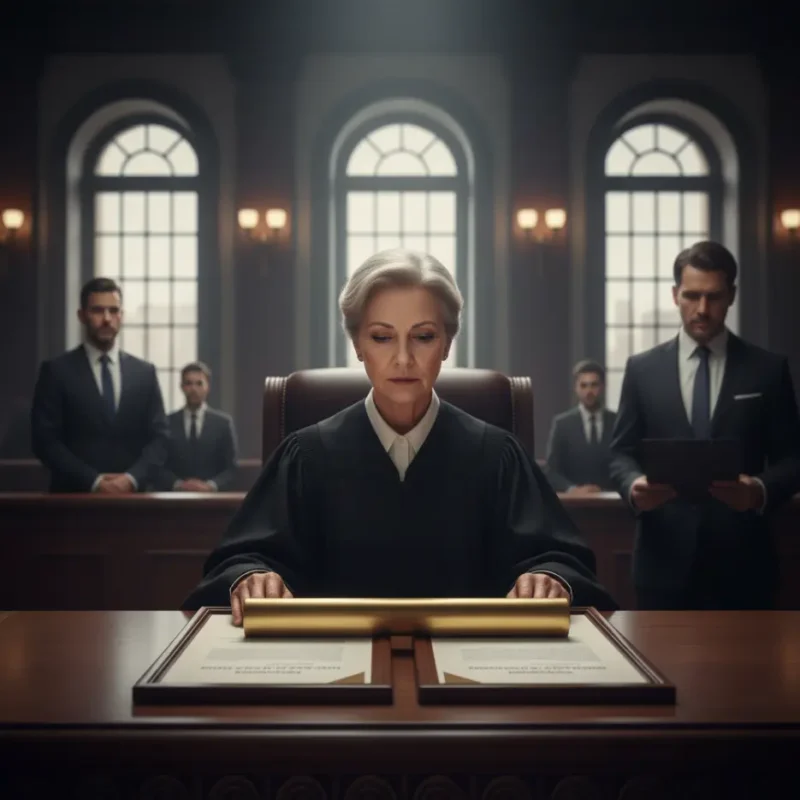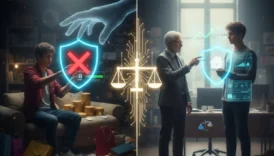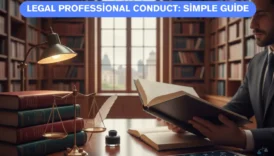What Is a Legal Collateral Estoppel?

In law, once an issue has been fully decided in court, it should not be argued again. This principle is known as collateral estoppel, and it prevents the same parties from relitigating an issue that was already resolved in a prior case.
Simple Definition
Collateral estoppel, also called issue preclusion, is a legal doctrine that stops a party from raising the same issue in a new case if that issue was already litigated and decided by a valid and final judgment.
Real-Life Examples of Collateral Estoppel
- Criminal to civil case: If a defendant is convicted of fraud in criminal court, they cannot deny committing fraud in a later civil lawsuit.
- Property disputes: If ownership of land was decided in one lawsuit, the same parties cannot dispute ownership again in another case.
- Employment law: If a workplace discrimination claim was already decided, the same issue cannot be raised again against the same employer.
Importance of the Concept
Collateral estoppel ensures efficiency, fairness, and consistency in the legal system. By preventing repetitive litigation, it saves court resources, protects defendants from harassment, and strengthens the authority of judicial decisions.
Comparison: Collateral Estoppel vs Res Judicata
Collateral Estoppel (Issue Preclusion): Bars relitigating the same issue.
Res Judicata (Claim Preclusion): Bars relitigating the same claim or cause of action.
| Feature | Collateral Estoppel | Res Judicata |
|---|---|---|
| Focus | Specific issue | Entire claim/case |
| Scope | Narrower | Broader |
| Example | Ownership of land | Full lawsuit on land title |
FAQ
1. What does collateral estoppel mean in law?
It prevents parties from relitigating an issue that has already been decided.
2. Is collateral estoppel the same as res judicata?
No, res judicata bars entire claims, while collateral estoppel only bars specific issues.
3. Why is collateral estoppel important?
It promotes efficiency, consistency, and finality in the legal system.
4. Can collateral estoppel apply to both civil and criminal cases?
Yes, it can apply across different types of cases as long as the issue was fully decided.
5. Who decides if collateral estoppel applies?
The judge determines whether the elements of issue preclusion are met.
Closing
The legal doctrine of collateral estoppel reinforces the principle that once an issue is settled, it stays settled. By upholding final judgments, it protects fairness and preserves the integrity of the judicial process.






